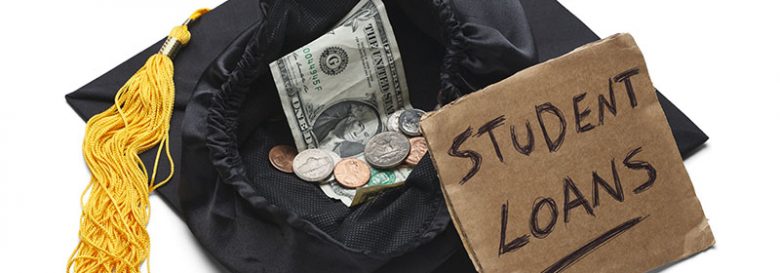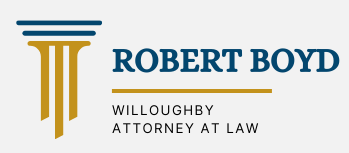Can You Eliminate Student Loans with Bankruptcy?

When a person enrolls in college, on of the unfortunate facts that must be accepted is that, except in certain circumstances, student debt is likely something you will have to deal with after college. A significant percentage of students leave their universities or other institutions with high amounts of debt that must be paid for. Ironic as it may be, many people turn to education as a way to secure a better financial future for those they love, but they end up with debt that must first be paid over a number of years in order to accomplish a better financial standing.
When it is time to start making student loan payments, students will often find that they lack the resources to pay for these loans while also the expenses to live their daily lives. One of the ways that a graduate student might consider getting rid of their debt is through bankruptcy, but unfortunately, student loans are one of the few debts that bankruptcy may not be able to discharge. There are a few very limited exceptions to the rule that might help.
Undue Hardship
Student loans are often not impacted by bankruptcy. This rule does have an exception that is known as “undue hardship.” Undue hardship is just a term that means you simply do not have the necessary resources to pay back the debt you owe for your education while also maintaining a standard of living that keeps you afloat. In order to see if a person is qualified for undue hardship, there is something called the Brunner Test that must first be passed.
The Brunner Test consists of three criteria that an individual has to be able to meet in order to be considered for the undue hardship exception. The criteria for the Brunner Test are as follows:
- The person in debt must not be able to maintain a minimum standard of living while they are paying their loans in the situation they are currently in.
- The person in debt must show that their financial situation is not likely to change in the near future.
- The person in debt has shown that they have made every effort and done their best to pay the debt they owe up until the point of filing bankruptcy.
If the court thinks you are under undue hardship, they can remove the loans and leave you free from paying them. If you can qualify for undue hardship, you may consider filing for bankruptcy; however, any decision you make regarding this issue is going to impact your future. Bankruptcy of any kind will remain on your credit for a decade and may make certain loans or purchases harder down the road.
Even so. if you determine that you can show you are under undue hardship and might file for bankruptcy, you should have a qualified legal professional assist you with the process as it requires filing more than an ordinary Chapter 7 petition. An “adversary proceeding”, or 2 lawsuits within the bankrupt, must be filed to determine if the student can be discharged. The cost of such a filing will be in addition to any standard Chapter 7 filing. The professional can use their know-how to get you through the complicated process and steps on your way to the best possible outcome.
